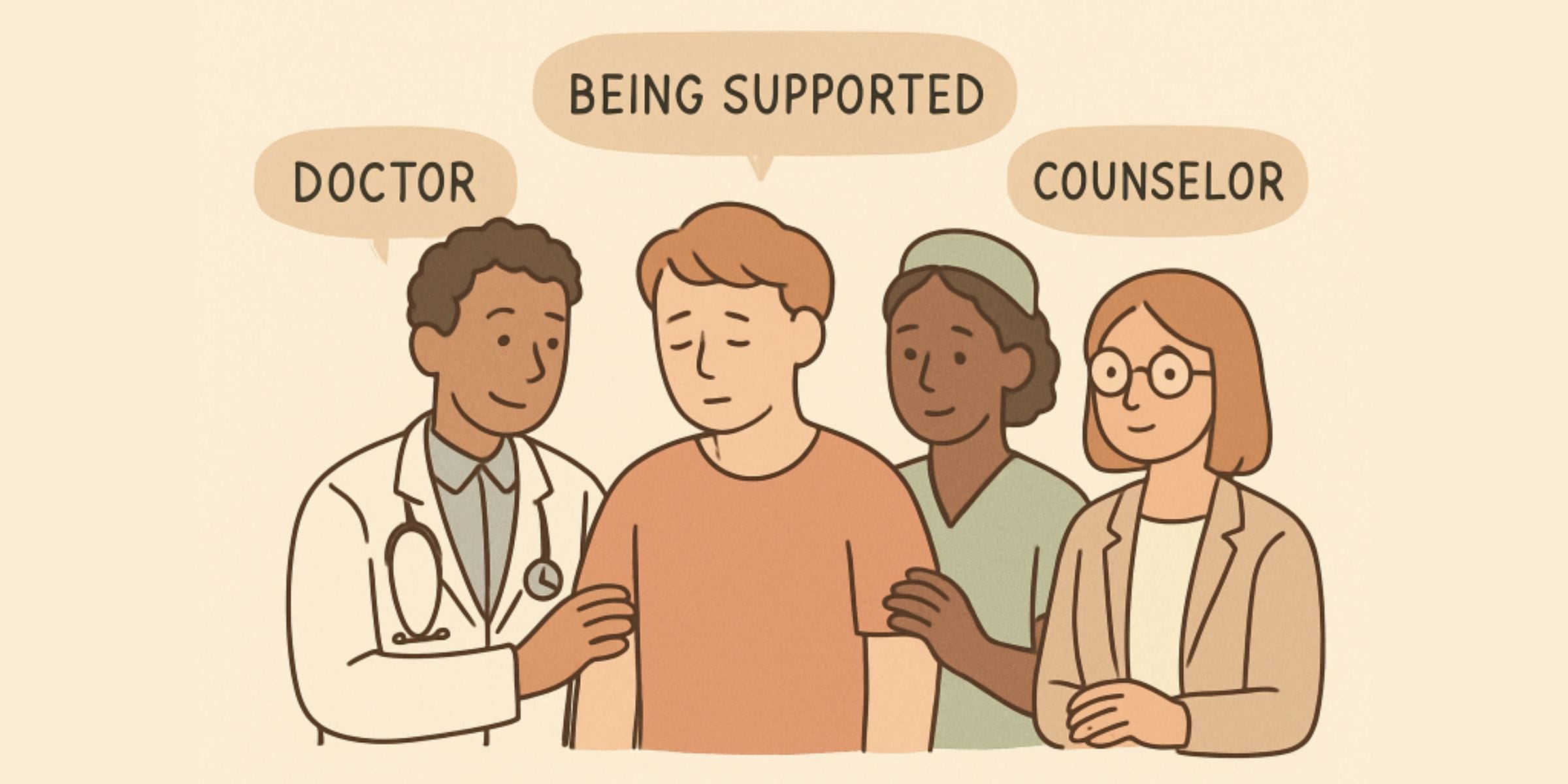
Understanding the Detoxification Process
Detoxification is the crucial first step in breaking free from the cycle of substance dependency. By ridding the body of accumulated toxins, individuals begin the process of physical stabilization, which is vital for addressing the complex challenges of addiction. Although detox alone does not represent comprehensive treatment, it creates a solid foundation for ongoing therapeutic work. For individuals seeking a structured, professional option, Detox in Atlantic City, NJ, offers professional support throughout this initial phase, ensuring safety and enhancing the possibility of lasting recovery.
The detox process prepares individuals physically and mentally for further interventions and helps them understand the role their bodies and minds play in overcoming addiction. By addressing the physical dependence first, individuals are better prepared to engage in counseling and relapse prevention programs that follow.
Managing Withdrawal Symptoms Safely
Withdrawal can be a harrowing experience, with symptoms ranging from mild anxiety and irritability to severe complications such as seizures and hallucinations. The intensity and nature of withdrawal depend on the substance used, duration of use, and the individual’s unique physiology. According to WebMD, alcohol withdrawal in particular can cause serious health issues such as tremors, confusion, and even delirium tremens, making medical supervision essential.
Under medically supervised detox programs, healthcare professionals continuously monitor vital signs, provide medication to alleviate discomfort, and intervene quickly if dangerous symptoms arise. This approach significantly reduces the risk of medical complications and greatly improves patient comfort during this vulnerable stage.
Attempting detox without medical assistance can increase the risk of relapse or even pose life-threatening dangers, especially with substances such as alcohol or benzodiazepines. Supervised detox not only protects physical health but also establishes a sense of accountability and structure for individuals committed to recovery.
Emotional and Psychological Support
The physical aspects of detox are intertwined with deep emotional and psychological challenges. Feelings such as fear, depression, and intense cravings can surface as the body adapts to being substance-free. Reputable detox facilities offer personalized counseling, access to peer support groups, and the guidance of mental health professionals who understand the emotional upheaval that comes with early recovery.
Support services foster resilience, reduce feelings of isolation, and help clients develop healthy coping strategies—skills that are needed to manage stress and avoid relapse triggers down the line.

Reducing the Risk of Relapse
One of the primary objectives of supervised detox is to minimize the likelihood of relapse. The discomfort and danger of unmanaged withdrawal often drive individuals back to substance use. Medical detox programs utilize evidence-based interventions such as pharmacotherapy and counseling to alleviate these symptoms, increasing the chances that patients will stick with treatment through this challenging phase.
According to Psychology Today, reducing the risk of relapse involves understanding the psychological factors that contribute to returning to substance use and developing healthier coping mechanisms to manage them effectively.
Addressing Co-Occurring Disorders
Many individuals who struggle with addiction also face co-occurring mental health conditions such as depression, anxiety, or PTSD. According to HelpGuide.org, addressing both substance use and mental health issues together is essential for sustainable recovery. Integrated detox programs perform comprehensive mental health assessments and develop tailored care plans to address these overlapping concerns.
Treating both addiction and mental health challenges concurrently is critical, as untreated psychological symptoms can quickly derail progress toward recovery. This dual-diagnosis approach not only benefits the individual’s emotional stability but also improves the overall prognosis for long-term substance abstinence.
Improving Physical Health
Substance misuse often leads to significant neglect of basic health needs. Individuals entering detox frequently present with malnutrition, dehydration, and an increased risk for infections due to weakened immune systems. Medical detox programs not only provide life-saving care during withdrawal but also emphasize restoring physical well-being by addressing acute health issues, offering nutritional support, and promoting healthy habits. Restoring the body’s strength enhances a patient’s ability to benefit from subsequent therapeutic interventions and supports a more optimistic outlook on recovery.
Facilitating a Smooth Transition to Long-Term Treatment
Completing detox is a milestone in the recovery continuum. After this initial stabilization, individuals are guided into programs such as residential rehabilitation, outpatient therapy, or community-based support groups, all of which focus on the psychological, social, and behavioral aspects of addiction.
The handoff from detox to longer-term care is critical: it maintains momentum, builds confidence, and helps individuals apply the coping strategies and lifestyle changes necessary for sustained recovery. By facilitating a smooth transition to the next phase of care, detox centers help reduce the likelihood of early dropout and maximize the opportunity for lasting sobriety.
Conclusion
Detoxification stands as a vital gateway in the recovery journey. Through a combination of medical vigilance, emotional support, and integrated care, detox centers prepare individuals for the long-term work of overcoming addiction. Pursuing recovery in a medically supervised setting ensures both immediate safety and the best possible foundation for sustained success.
Pin This Post





